Titanium (Ti) is one of the world’s most important metals because it is used as the basis for life-saving medical components, environment-conserving renewable energy, and hundreds of innovative technologies. Its natural strength, corrosion resistance, and biocompatibility make it a sought-after material for medical, renewable energy, defense, and technology applications.
PEI is the world’s leader in the photochemical etching of titanium. It produces bipolar electrolyzer plates used in the production of hydrogen energy and meshes and implants for medical procedures. Our experts have extensive experience in engineering, titanium photochemical etching, finishing, and quality assurance services.
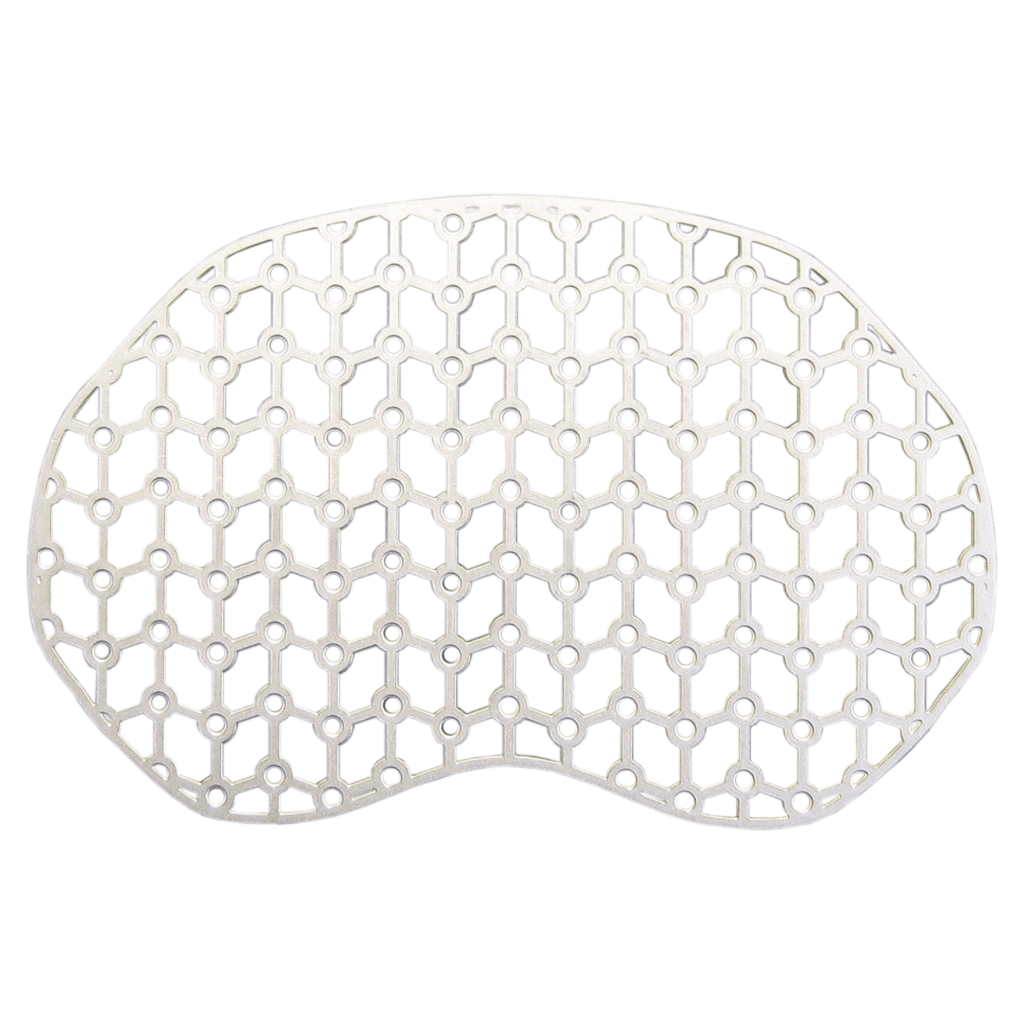
The unique properties of titanium make it ideal for dozens of applications across the world’s most important industries.
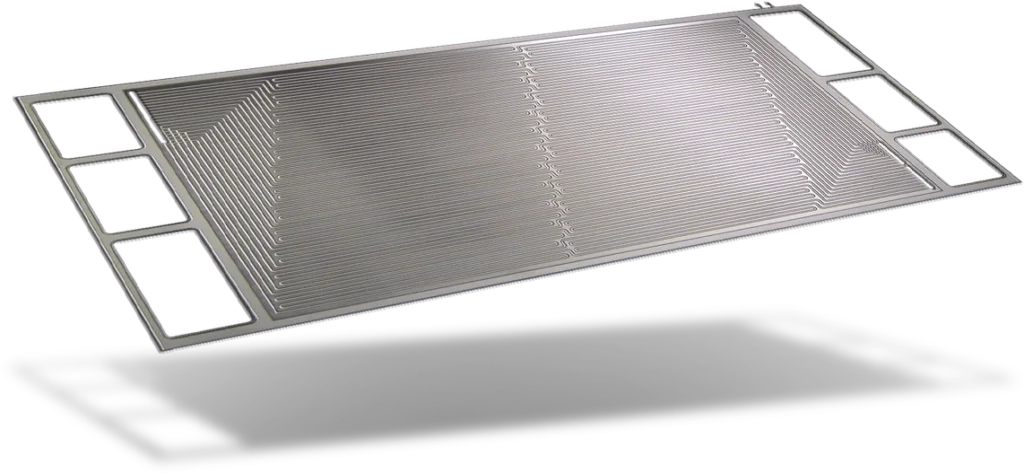
Titanium’s lightweight and high strength-to-weight ratio makes it ideal for parts and components where weight reduction is desirable but strength is essential.
Non-corrosive metals like titanium are ideal for use in challenging environments and can withstand exposure to aggressive substances, such as high-temperature fluids, chemicals, and saltwater, without significant degradation.
Non-toxic and well-tolerated by the human body, titanium reduces the risk of rejection, promoting successful integration with surrounding tissues. It’s the material of choice for medical implants and devices.
Titanium can withstand high temperatures without deformation or degradation, making it perfect for applications involving extreme heat, such as gas turbines, heat exchangers, and nuclear power systems.
Please see our Design Guide or contact us for more information about PEI’s additional manufacturing capabilities.
Max 24” x 30”
Minimum 0.0005” — Max 0.200”
Dependent on material thickness. See design guide.
2x material thickness
Material thickness
Approx. 80% material thickness
DIA + 2x material thickness
± 10% material thickness, no less than ±0.002"
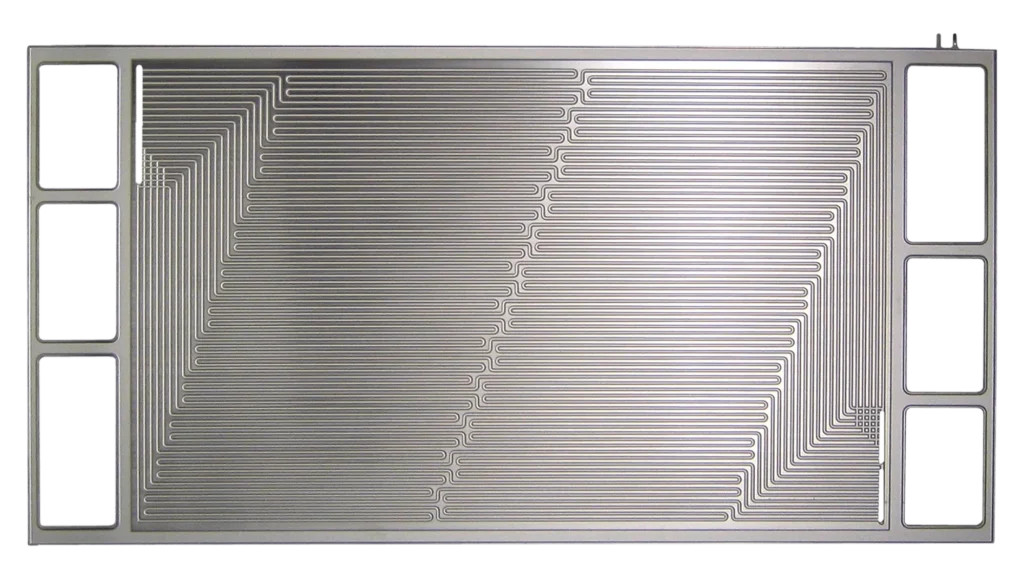
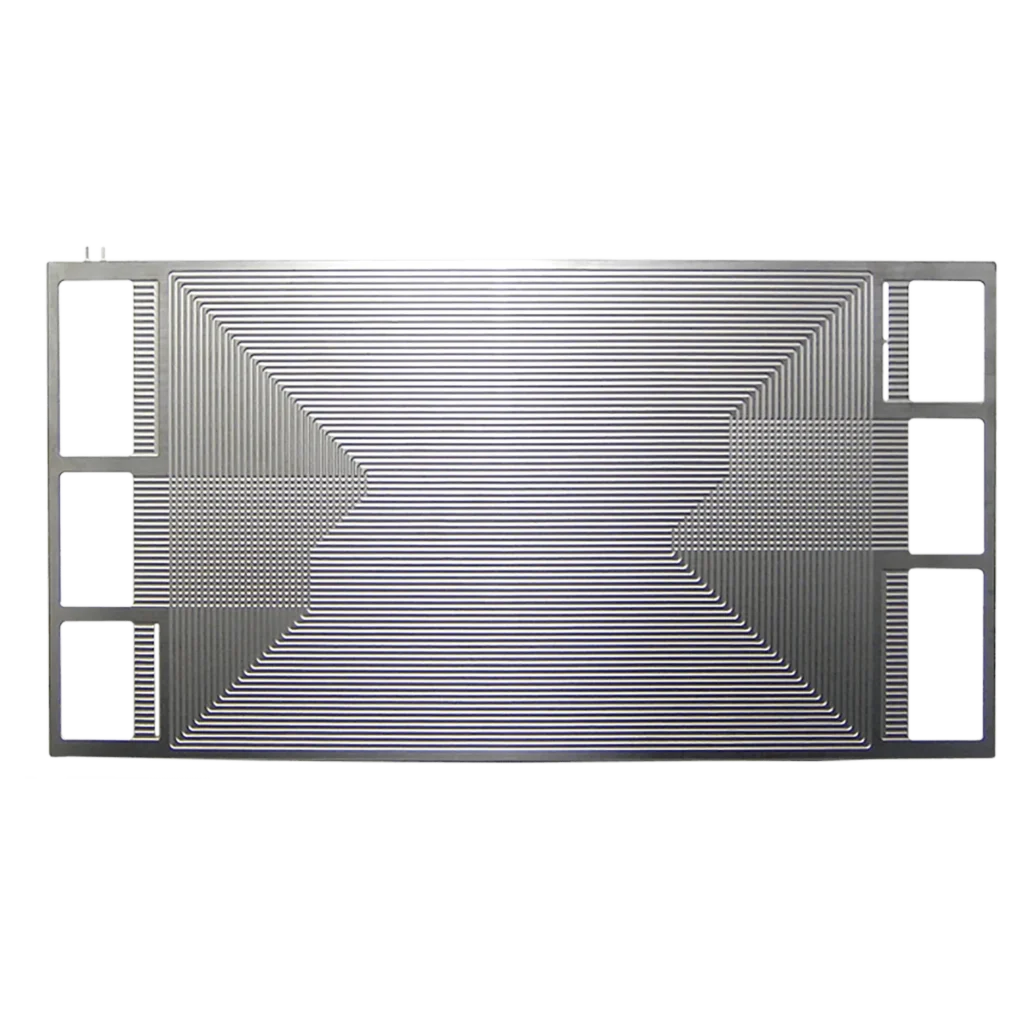
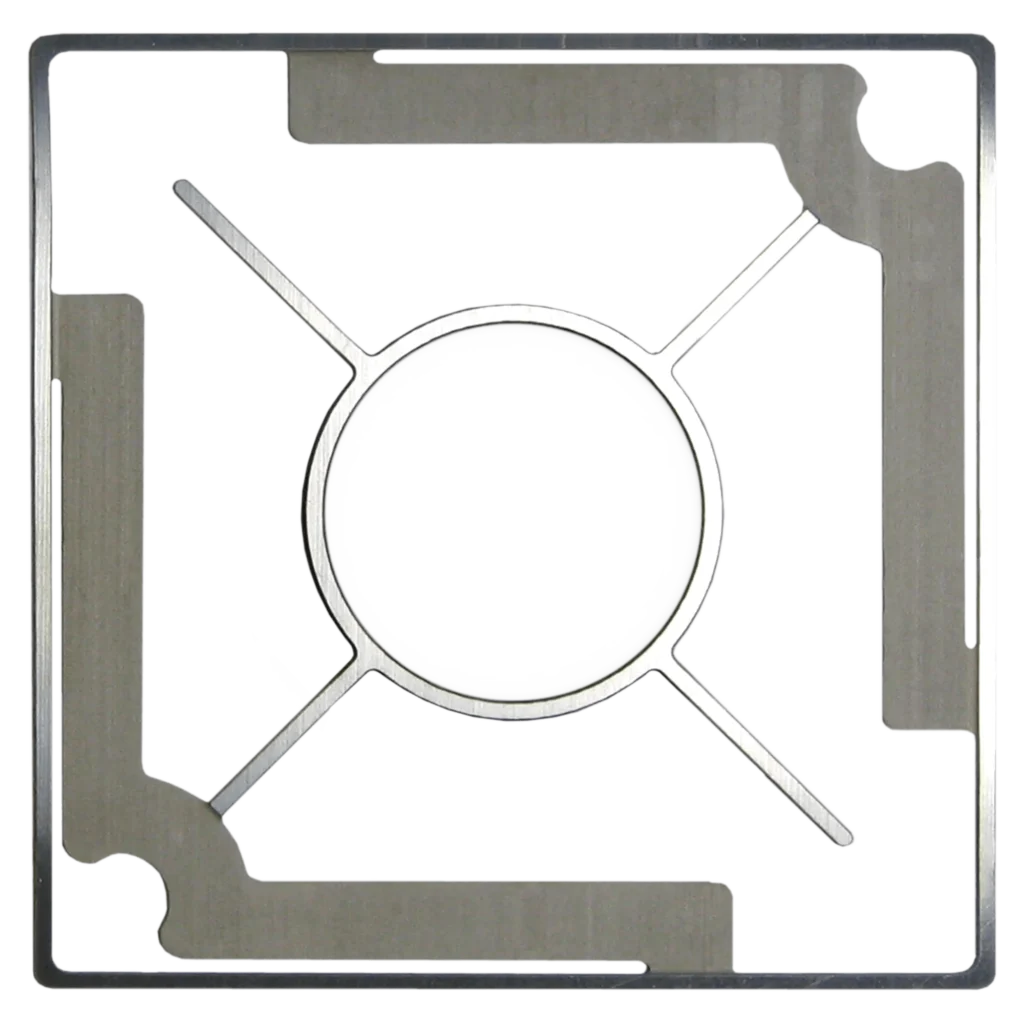
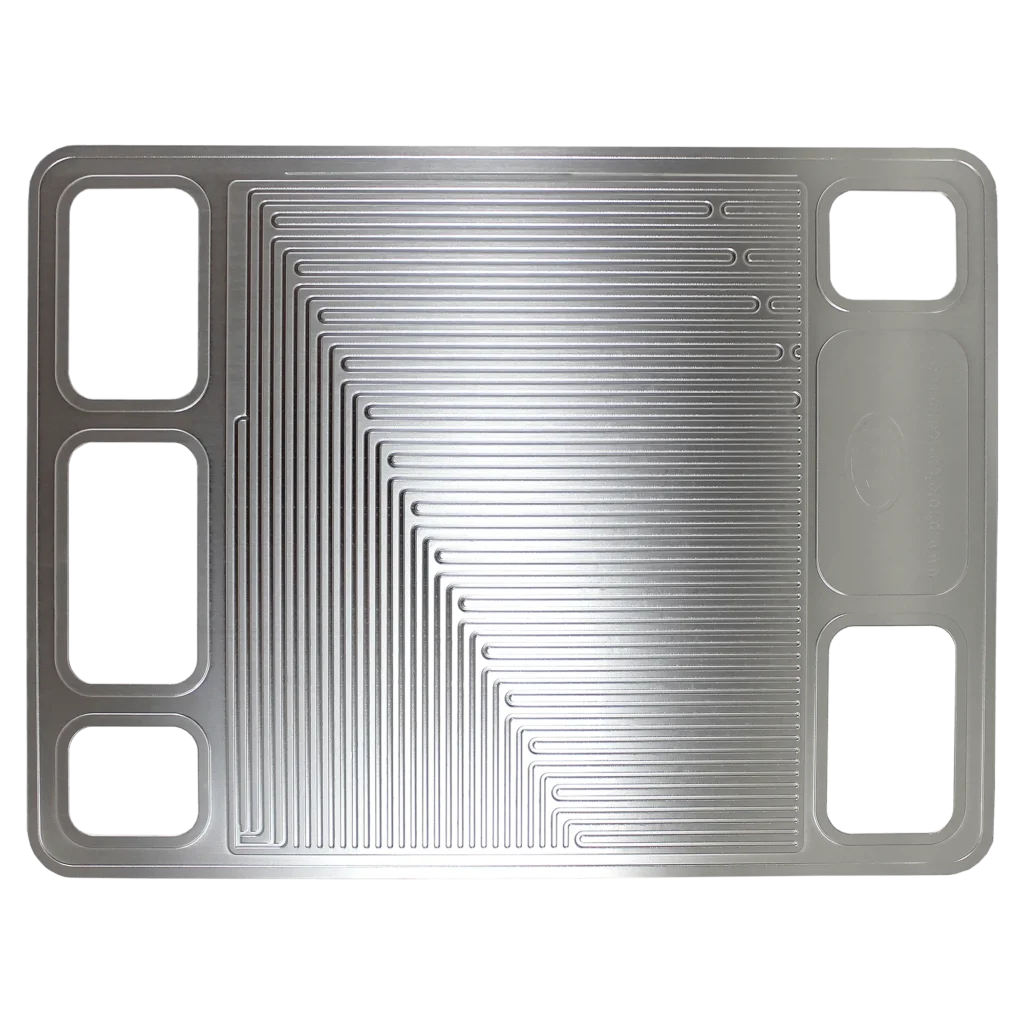
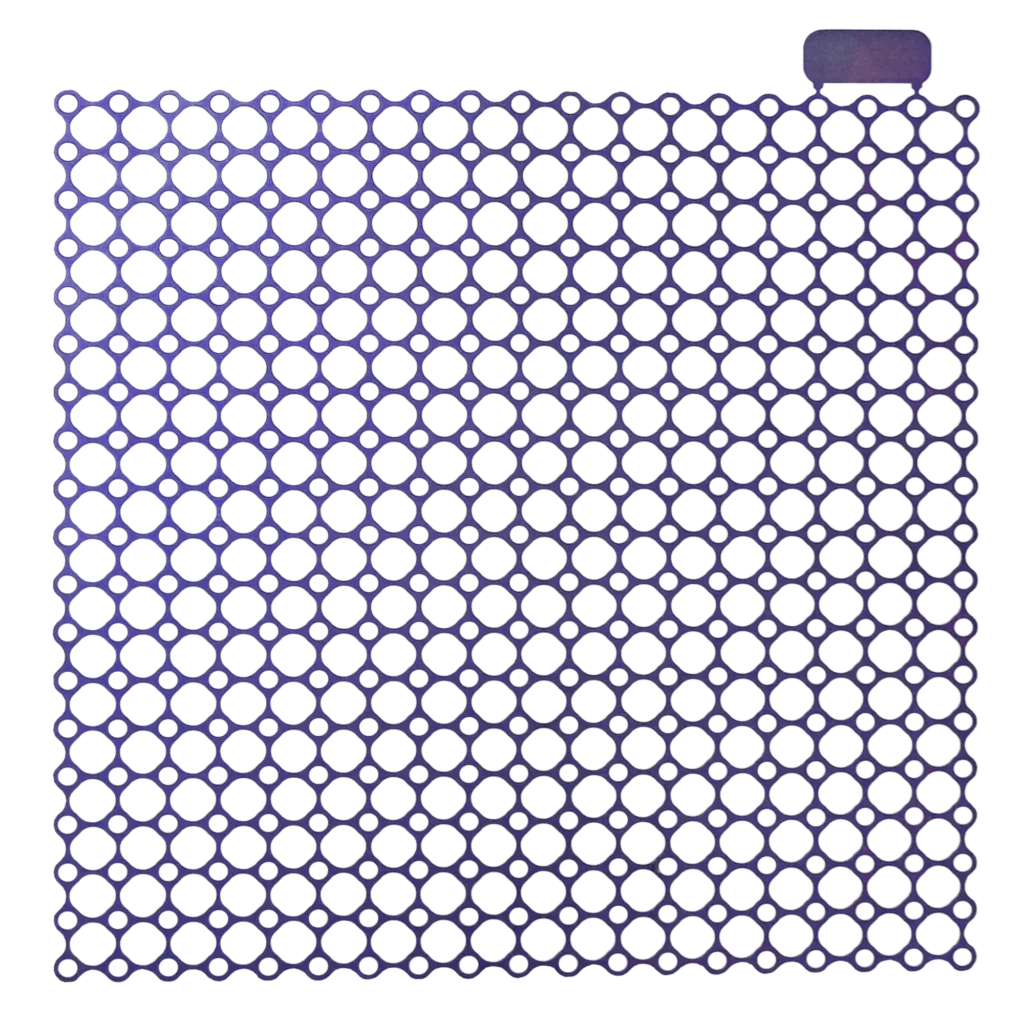
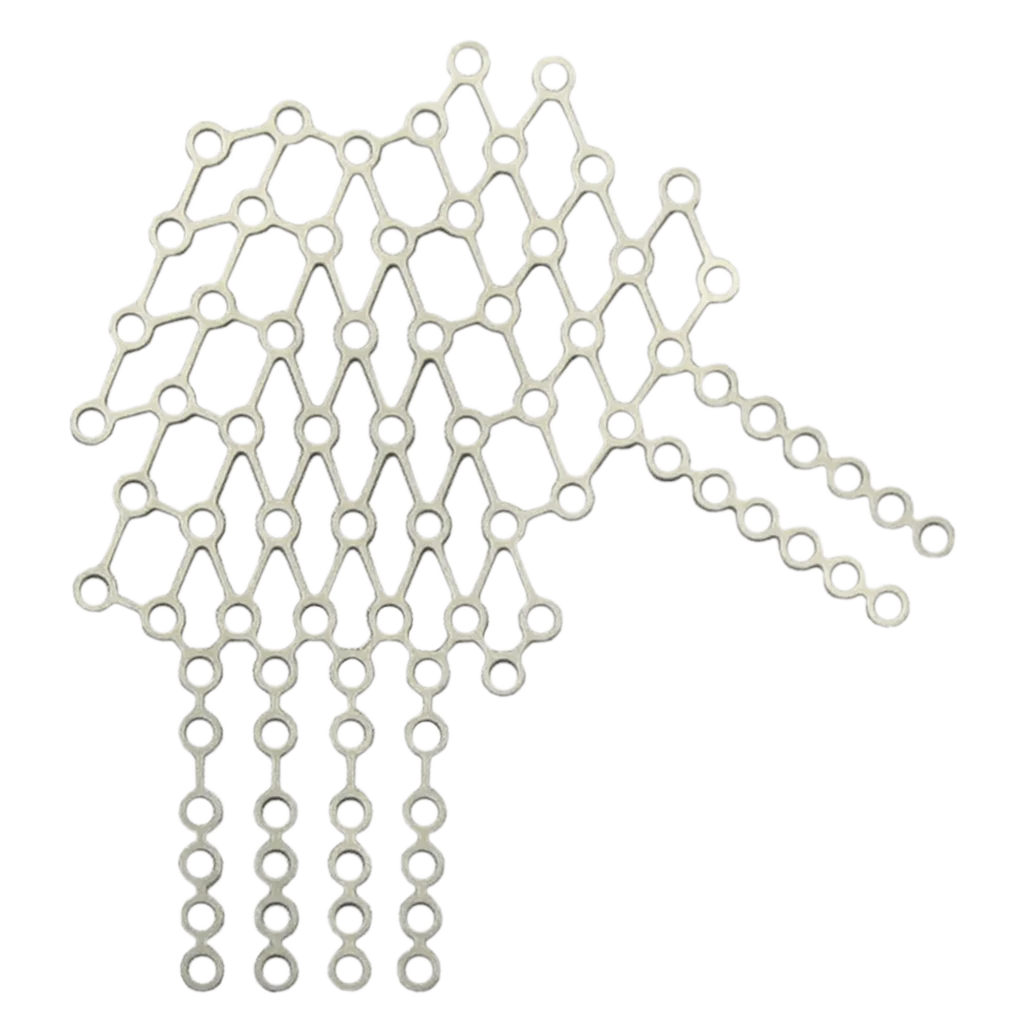
We work with our partners to introduce new ideas and enhanced manufacturing solutions. Our engineers leverage the power of technology and decades of experience to ensure each design and plan will deliver the expected results, whether for the latest in renewable energy or a new life-saving medical technology.
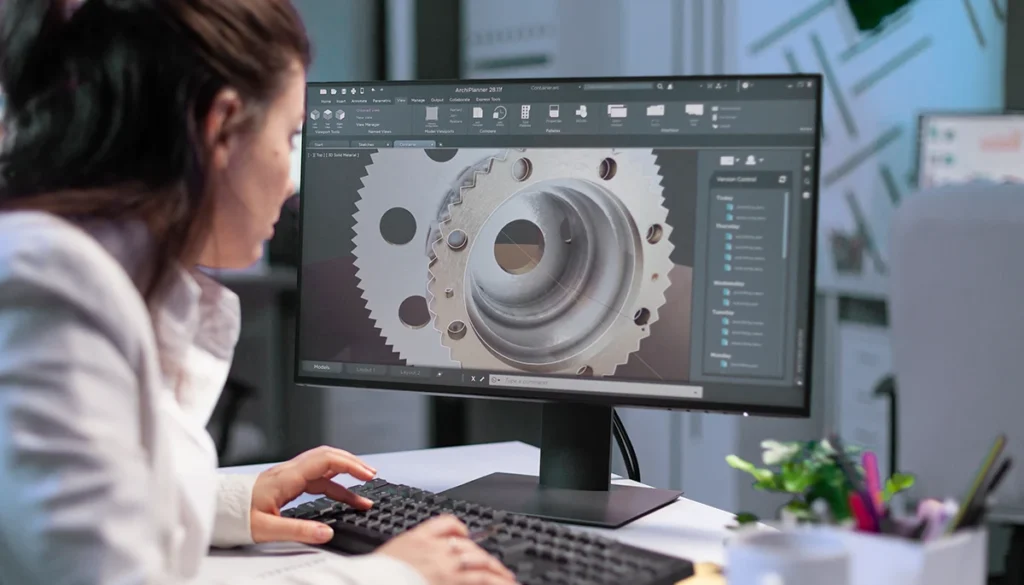
PEI’s commitment to delivering thin metal parts and components utilizing precision photochemical etching dates back decades. We are the world’s leading etcher of titanium and can handle aluminum, beryllium copper, molybdenum, and many other metals. PCE is an ideal manufacturing process for rapid prototyping and high-production runs.
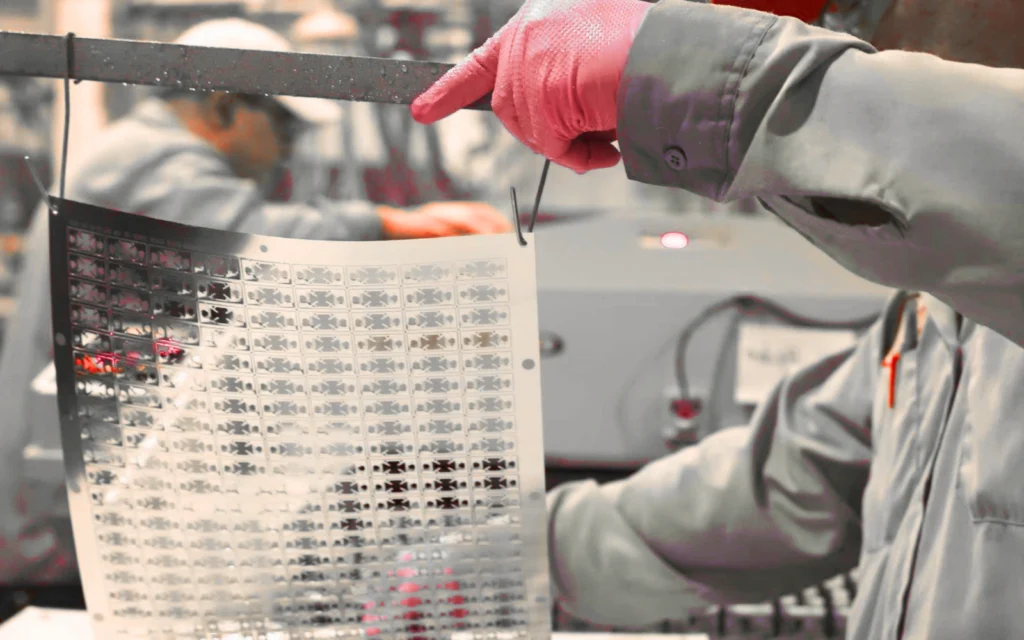
Our precision operators turn thin metal parts into reliable components with meticulous machine and manual forming techniques. PEI’s forming expertise starts at the first step, enabling us to develop highly accurate parts that our team forms to exact standards and specifications.
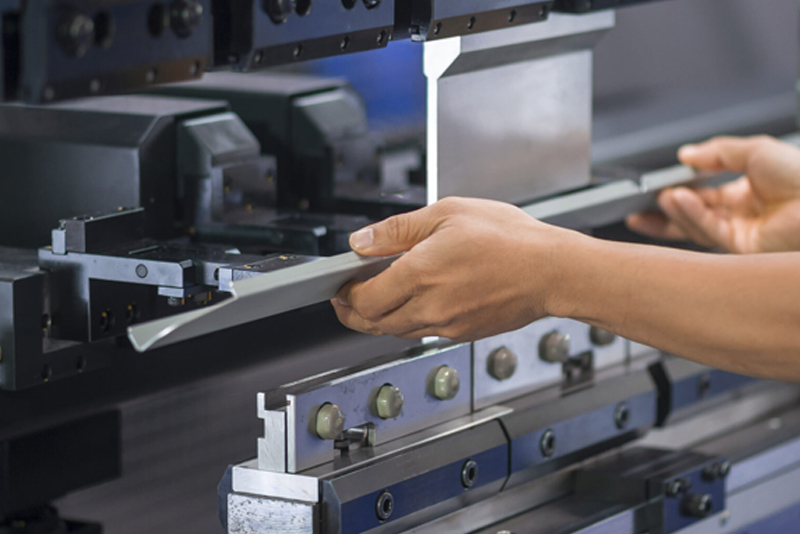
Protecting precision metal parts from corrosion, wear, and environmental hazards is job number one when applying coatings, finishes, plating, or paint. Finishing applications also offer antibiotic and aesthetic benefits to the parts we produce via photochemical etching.
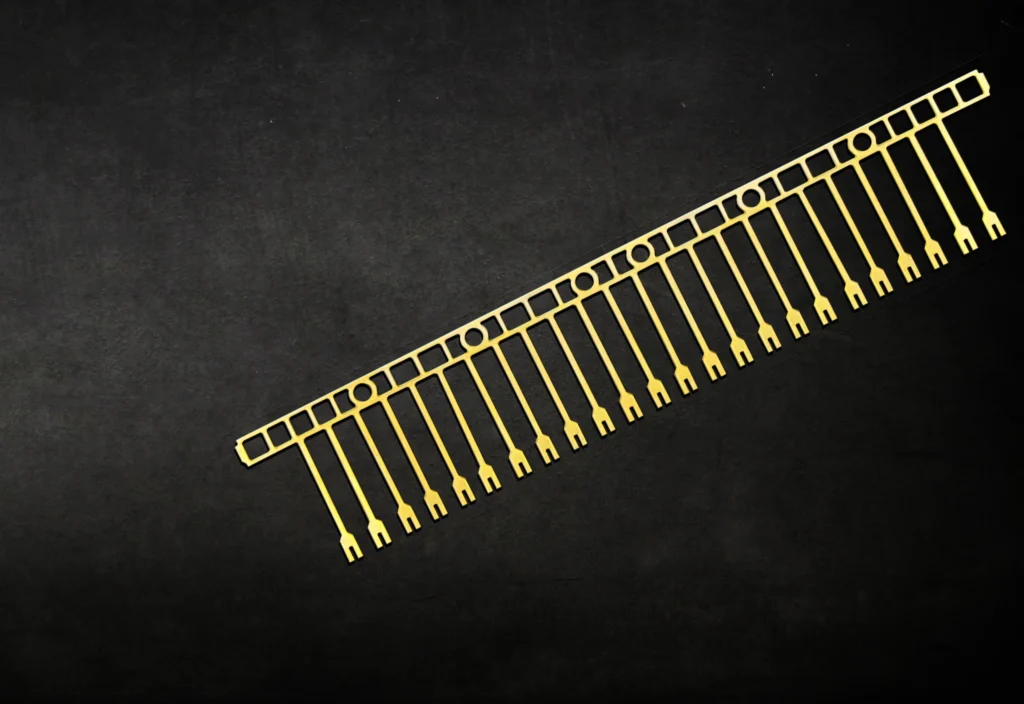
PEI delivers durable and reliable assembled components found in power-generating, life-saving, and high-technology applications worldwide. Our expert team of engineers and operators team to ensure our partners receive ready-to-implement solutions that will last.
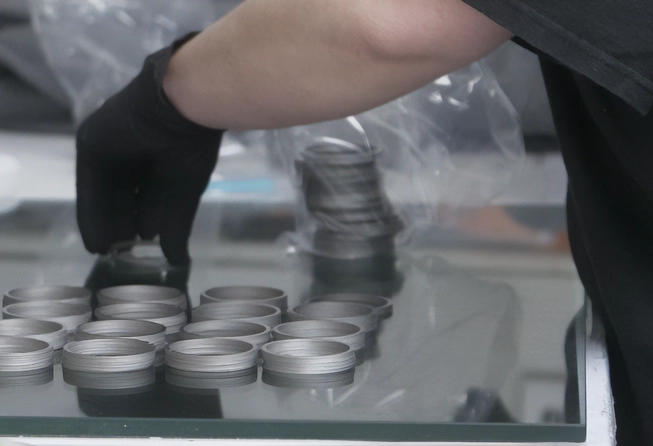
The PEI Quality Assurance team analyzes every thin metal part and component to ensure its precision, accuracy, and durability. Our team uses a combination of technological and manual inspection techniques to check for imperfections before any part or component leaves our facility.
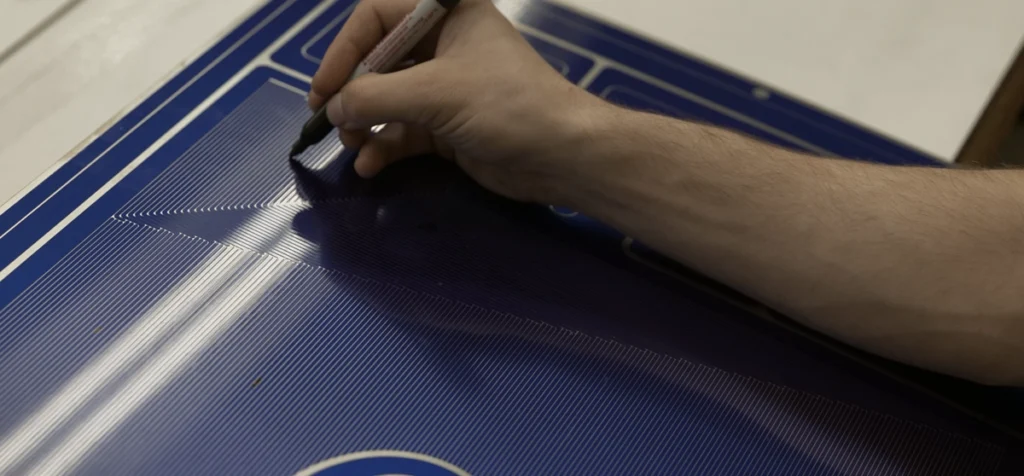
Industries and technologies evolve when people work together to push boundaries and uncover new solutions. For over 50 years, we’ve stood shoulder to shoulder as leading companies across every market sector push forward with revolutionary changes that change the world. We are ready to share and leverage knowledge and expertise to collaborate with our customers for mutual success.
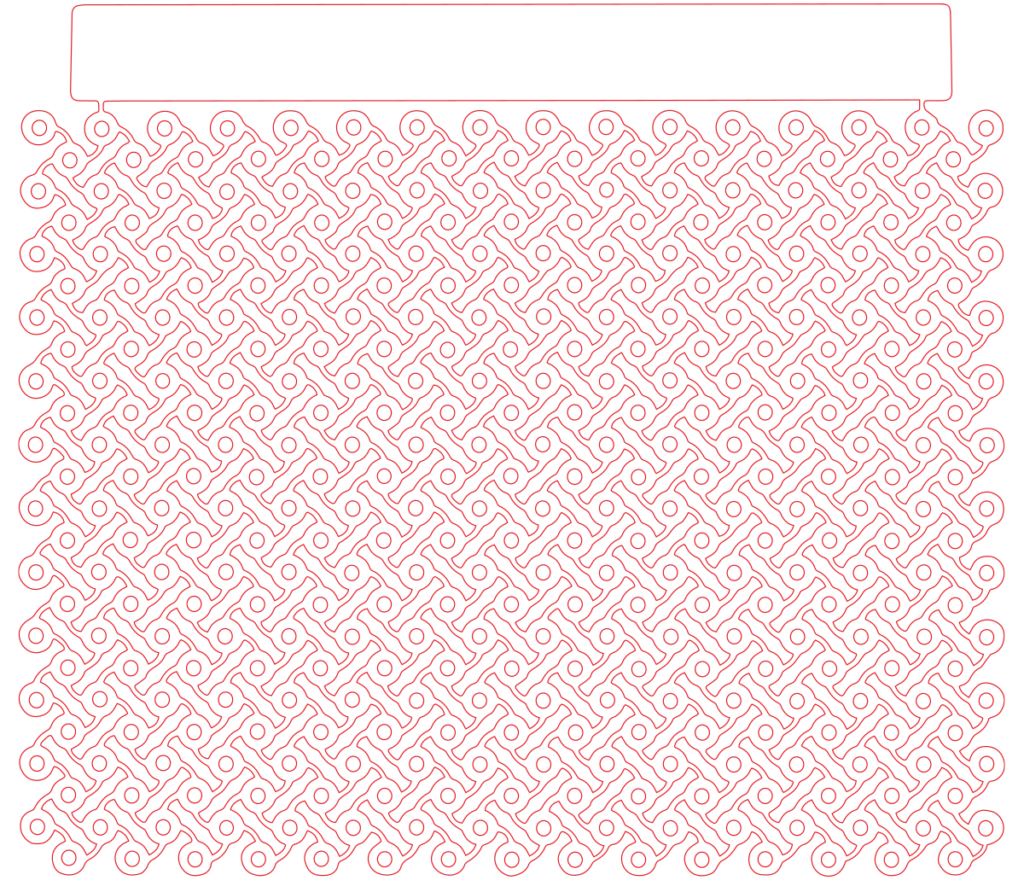
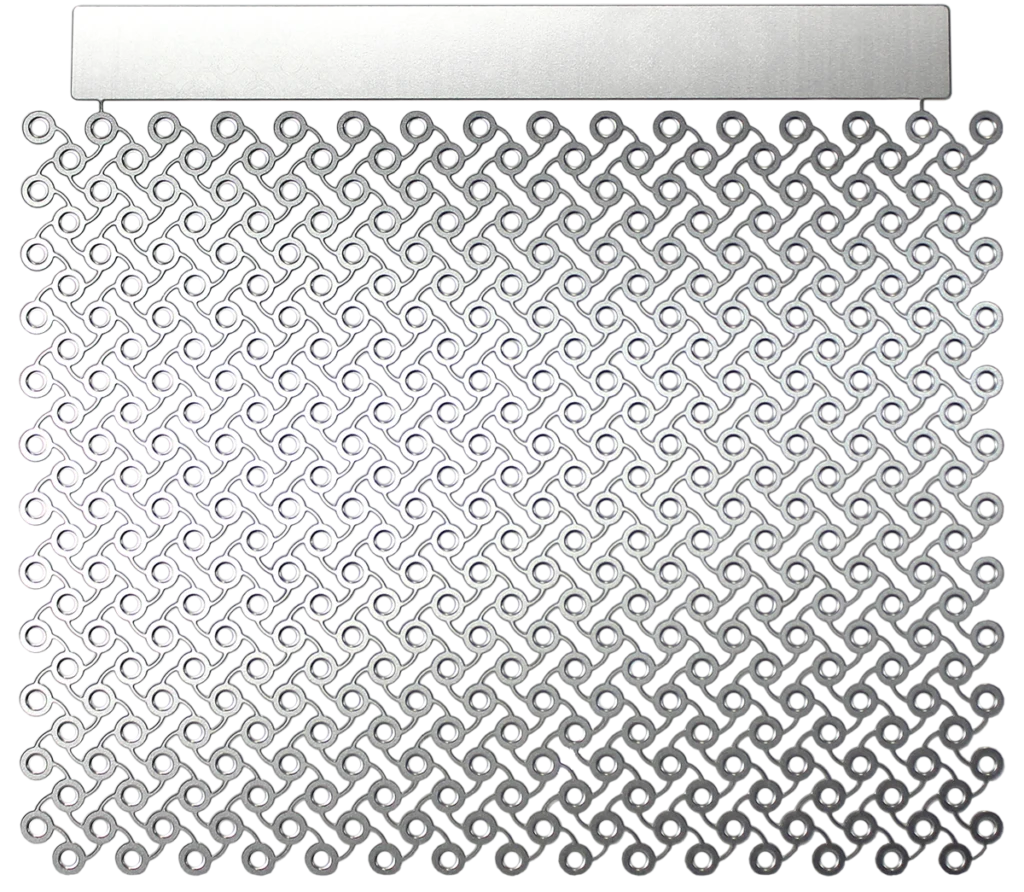



PEI’s long history of meeting and exceeding industry standards and customer expectations began in 1968. For over 50 years, we’ve kept quality assurance at the forefront of our work by training our manufacturing teams, maintaining our equipment, and establishing rigorous internal controls. PEI holds several certifications, including ISO9001:2015, AS9100:2016, and ITAR. We adhere to MIL-STD-45662, MIL-STD-105, and ANSI/ASQC Z1.4 quality standards.